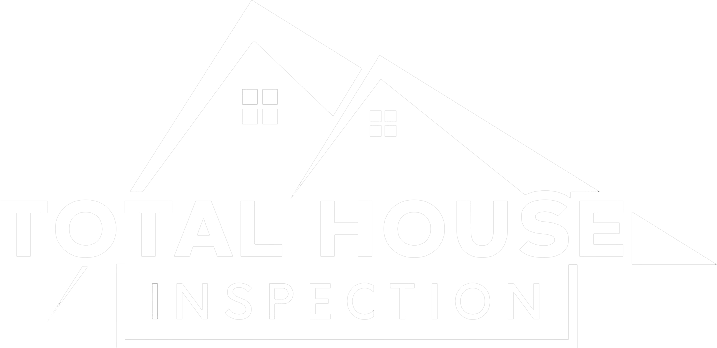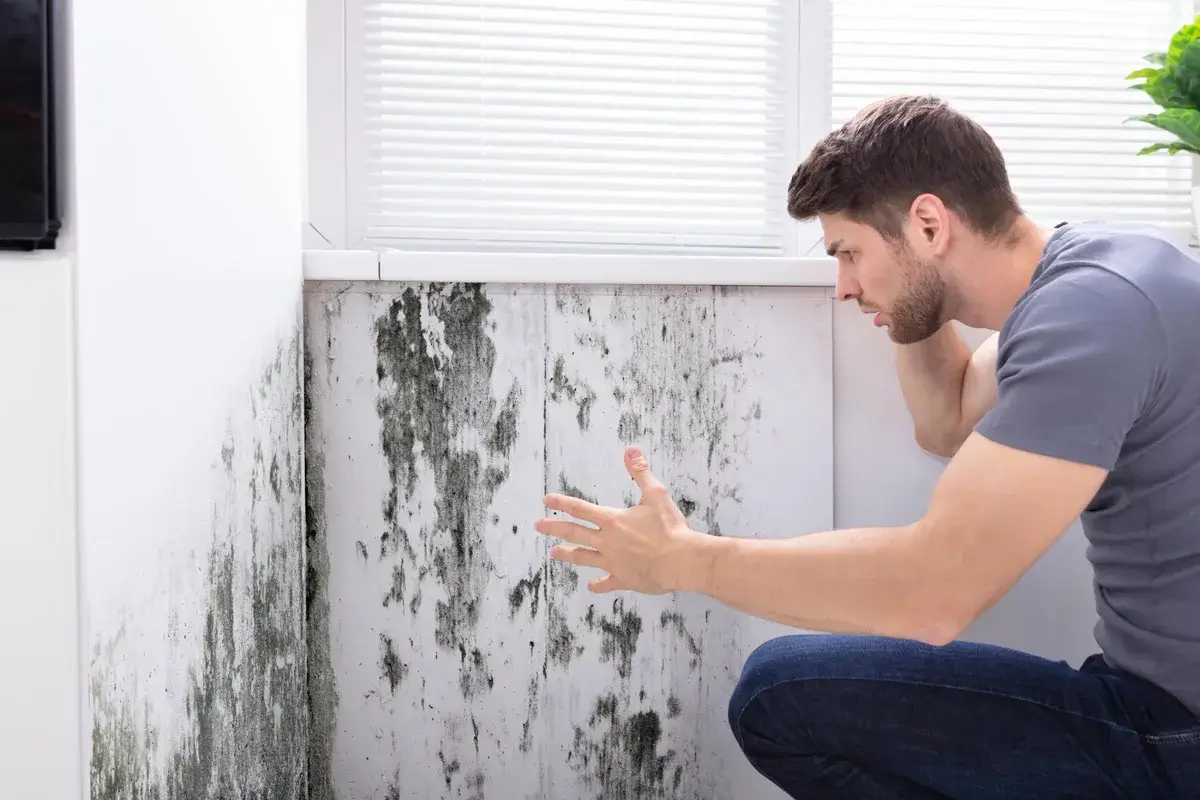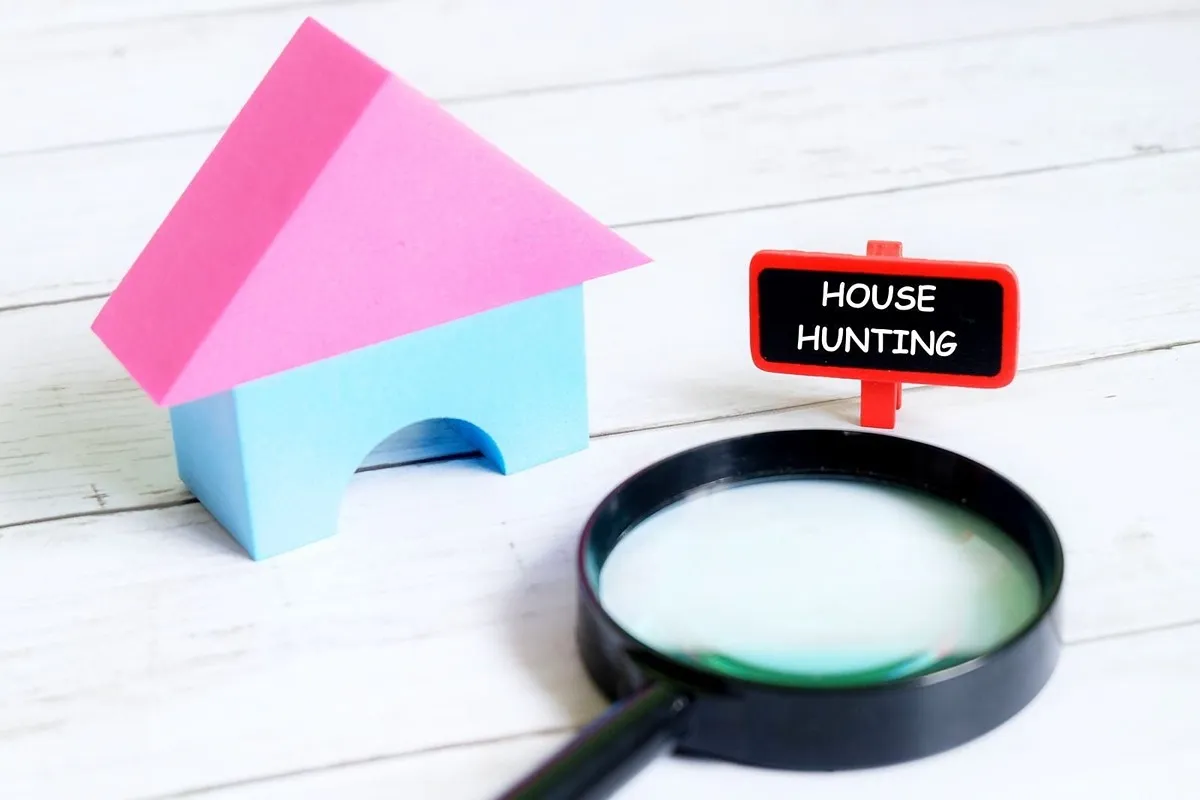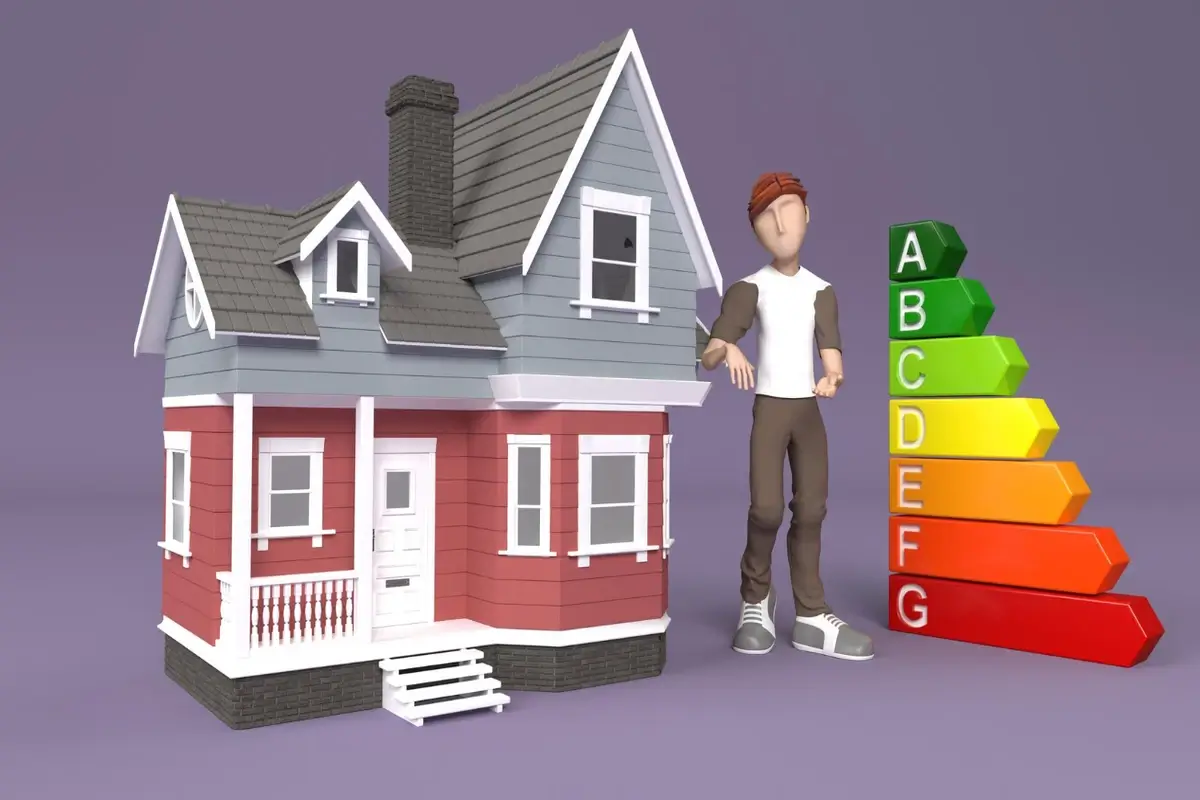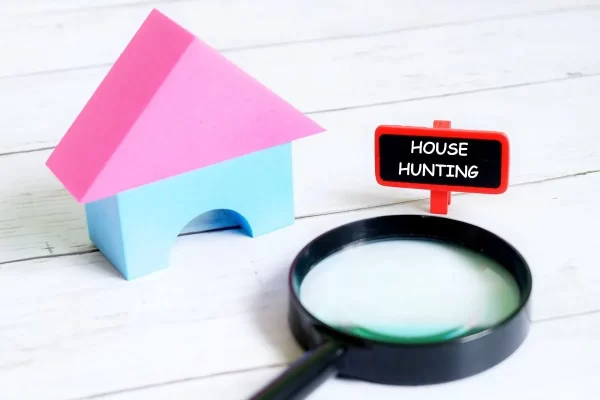The usual image of mold consists of tiny black or green growths that appear mainly in moist areas of bathrooms or basements. Mold may appear as just an eyesore, but it actually causes serious health problems while reducing your property’s resale value. Understanding how mold affects health and your property’s value prompts you to take action and get rid of this unsightly problem.
In this blog, we will examine how mold affects health and properties, identify the necessity of mold inspections, and present different options for mold remediation.
What Is Mold, And Why Does It Grow
Mold is a fungus that requires damp, warm areas to reproduce. It adapts well to different material types, such as wood, drywall, carpeting, and food products. The main mold growth requirements are moist conditions and organic substances, which put houses with water damage and high humidity, particularly at risk for mold growth.
Places where mold tends to grow most frequently are as follows:
- Bathrooms
- Basements
- Kitchens
- Leaky roofs or windows
- Attics
You can see mold, and you can also smell it. The unpleasant, musty odor provides evidence of mold infestation, even if it is in some obscure place. Mold may develop hidden within walls and beneath floors. Homeowners must educate themselves about the hidden effects on health and property value.
How Mold Affects Health
Mold exposure triggers multiple dangerous health conditions in the human body. It produces harmful allergens and irritants, in addition to toxic mycotoxins, which cause allergic responses in vulnerable individuals. The type of mold, the extent, and the period of exposure determine the reactions that will occur.
The following list represents different health impacts that result from mold exposure:
Respiratory Problems
- Mold exposure among most people leads to respiratory symptoms, including coughing, sneezing, and nasal congestion.
- These symptoms persist until the mold receives proper treatment.
- They mimic typical allergy or cold reactions.
- Mold can cause asthma or worsen it in people who already have it.
- People with weak immune systems are more susceptible to mold-related infections.
Allergic Reactions
Mold allergy affects numerous people, even those with no history of asthma or respiratory illnesses. A mold allergy triggers these main symptoms:
- Itchy, red eyes
- Skin rashes
- Sinus congestion
- If you suddenly experience these symptoms, mold could be behind them.
Chronic Health Conditions
Mold exposure causes severe health problems, including persistent headaches, dizziness, and fatigue. Mold presents a significant risk for lung infection, particularly when patients have existing respiratory health concerns.
Long-term contact with toxic mold (such as Stachybotrys chartarum, labeled as black mold) is known to cause neurological conditions such as memory loss and disorientation.
Increased Risk for Children and the Elderly
Young children and senior citizens are more sensitive to mold exposure. Mold can impact childhood immune system development and cause weakened immune systems in older adults.
How Mold Affects Property Value
Now that you know how mold affects health, let’s see how it impacts your property’s value. Mold-based damage can severely reduce the property value. Homeowners who plan to sell their house or preserve its value must resolve mold matters. Here’s how it affects your property’s value.
Damage To Building Materials
Mold deteriorates your house’s materials. If left untreated, mold and moisture can wear down your walls, floors, and ceilings. Mold problems degrade wood beams and affect drywall, causing paint flakes. The costly damage decreases your property value.
Lower Market Appeal
Any mold appearance and distinctive musty odor will instantly repel interested home buyers from further consideration. Even its removal does not eliminate the reputation of mold-stained properties. Mold growth signals negligence in home maintenance, resulting in reduced property offers or longer periods to find a buyer.
Insurance And Legal Issues
Certain instances of mold can cause difficulties in getting insurance coverage. Most insurance policies exclude mold damage coverage unless the mold outbreak occurs suddenly and unexpectedly, such as from water pipe ruptures. You will not qualify for insurance coverage for repairs if mold problems have persisted.
Costly Remediation
Removing mold contamination requires professional work that goes beyond regular surface cleaning. The assessment process shows professionals how extensive the infestation has become while they remove tainted materials and repair the water problem that caused the mold in the first place. Depending on the dimensions of the affected areas, mold remediation costs between $200 and $3000.
The Importance Of Mold Inspection
We all know how mold affects health. The best method to determine how widespread mold growth is and evaluate its impact on your health and property is a mold inspection.
Mold inspectors thoroughly evaluate hidden mold colonies that might be located in hard-to-reach areas, such as behind sinks, beneath carpets, and inside walls.
Basements and attics, mold’s favorite breeding grounds, are also ‘no-go’ areas in most houses. A professional inspector will thoroughly cover them.
Mold inspections usually involve:
- Visual inspection of the home’s interior and exterior.
- The testing of moisture levels to locate spots where mold growth is likely to occur.
- Testing air quality to monitor the existence of mold spores in the environment.
Members of the inspection team will determine the mold removal approach after identifying the mold problems. Getting a mold inspection before purchasing or selling a house protects you from unexpected expenses and health complications that could develop later.
How To Protect Your Home From Mold
There are several ways to stop mold growth within homes.
- A quick response to leakages will stop mold growth, as moisture leads to mold.
- Use a dehumidifier to manage dampness in areas such as basements and bathrooms.
- Improve ventilation by opening windows and using exhaust fans.
- Dry and clean all wet areas after flooding or during heavy rainfalls.
- The foundation and windows should receive sealing treatment to block exterior moisture from entering.
Conclusion
The initial signs of mold development are insignificant, yet the subsequent consequences will affect your health and devalue your property. Health problems caused by mold exposure should not be underestimated because they can lead to respiratory issues and allergies, resulting in long-term health conditions.
Mold damage results in significant repair expenses while reducing property value and making sales more complex.
Any homeowner who suspects the presence should immediately act before it develops worse symptoms. A mold inspection enables you to get clarity about potential issues so you can prevent them from causing health problems for your family and deterioration in property value.
Reach out to Total House Inspection right now because we offer assistance with mold detection in homes.
Our professional mold-inspecting services will uncover all the answers you desire. Schedule an appointment to protect your home and enhance its value and livability.
